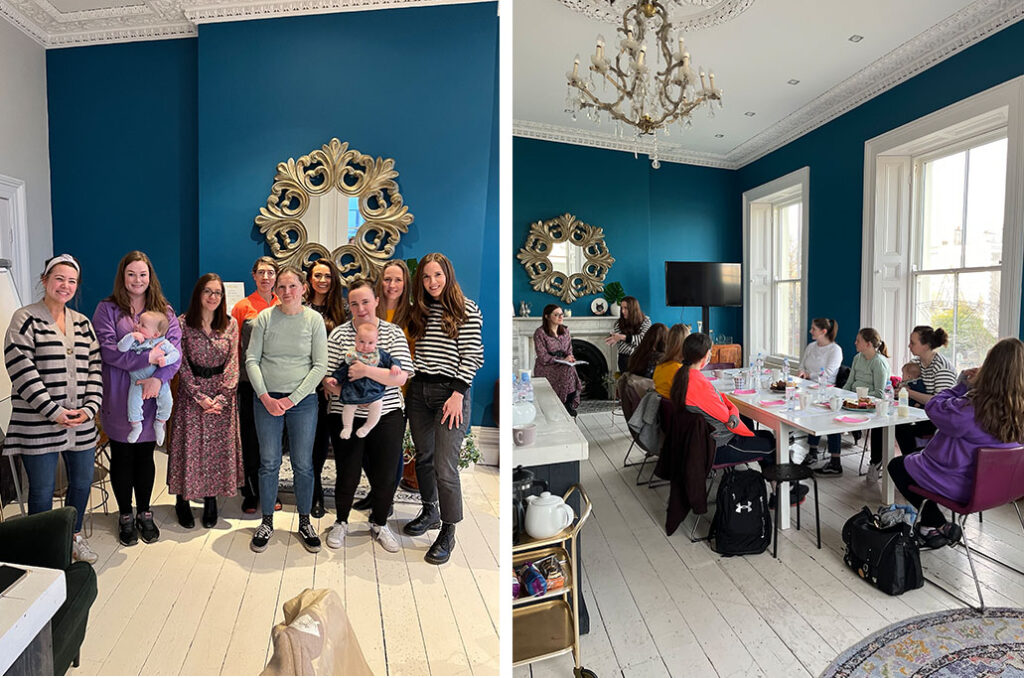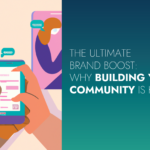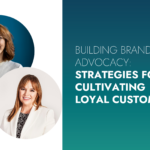Knowing your audience is at the core of any type of content marketing strategy. When you really know your audience, the content you create will most likely resonate with the people that matter to your brand.
While surveys, data and analytics can tell you a lot about your target market, focus groups can be a powerful way of gaining a deeper understanding of your audience.
What is a focus group?
The history of focus groups stretches back to the 1940s.
The sociologist Robert Merton is widely accredited for inventing the term ‘focus group,’ describing a meeting held with a small number of carefully selected participants who discuss a given topic. The objective of a focus group is to gather qualitative (narrative) data and help you to understand customer perceptions about your brand or service.
While focus group findings are not necessarily statistically representative, there’s something special about that ‘face to face’ feedback that cannot be achieved through large surveys. Think tone of voice, facial expressions, connection… you can’t capture any of this magic on an online questionnaire, now can you?
So how do you go about setting up a focus group?
Zahra’s parenting department have held numerous focus groups over the years to help inform and inspire content.
I’ll start by telling you about our everymum focus group which took place earlier this year.
For those unfamiliar with everymum, it’s Ireland’s largest online parenting community with over 220,000 members. We held this focus group because we wanted to make sure we’re supporting this community, and providing them with the content they need.
What did we do to prepare for the focus group?
First, define the objectives
In advance of the focus group, we created a list of objectives of what we wanted to find out at this focus group which included the following:
- Demographic information
- Behaviour: where do the participants currently get their maternity/baby information
- Knowledge: what participants know about everymum.ie
- Opinions/values/feelings: what participants think or feel about everymum.ie
- Content needs: what they want to see more/less of, what topics do they enjoy, do they want content for mum and not just advice driven, lifestyle etc.
Next step: recruit participants
The next step was to recruit our focus group members. The participants were recruited via an online survey shared on everymum channels, which allowed us to choose a cross section of mums.
The ideal size of a focus group is eight to ten subjects; any larger, and you run the risk of limiting the detail of some responses.
This everymum focus group had a group of seven mums with children ranging from babies to kids aged six years. This number of people worked out well as participants felt comfortable talking and sharing their opinions and experiences within the small group.
Informal and comfortable setting
Cakes, conversation, a comfortable room, and you’ve got the perfect setting for an everymum focus group.
We were keen to put the mums at ease in a relaxed atmosphere with refreshments and informal chats. The room also included a baby nappy changing station, and each participant received a goodie bag at the end of the event. Incentives are a must when it comes to focus groups!
Create an agenda and stick to it
A detailed agenda (including questions and running order) was created well in advance to keep things running smoothly on the day. We kicked off the two-hour event with a welcome/ice-breaker chat before getting stuck into an open discussion using planned questions from our agenda.
Myself and everymum’s digital publisher facilitated the discussion with other team members feeding in, while another colleague took notes and covered the event on our social media.
The results of the focus group
Our team came away armed with rich new content ideas, constructive feedback on the brand, plus some amazing testimonials about everymum including:
“I think the content is really balanced on every mum compared to other parenting sites, whether you’re a breastfeeding mother, a bottle feeding mother, whatever, your kind of parenting style is.”
“it really comes from a mother’s voice. You know, it’s a trusted voice. That’s another mother telling me who knows exactly the position I’m in, and sometimes with a bit of humour”.
“The podcast is very reassuring for new mums, it makes you feel like you’re not alone in what you’re experiencing with a new baby”.
Social coverage
We recapped the event the following day on everymum’s social channels, showcasing the set-up, goodie bags and mums chatting openly together. This organic social content authentically showed the impact our community has on informing our content, and how highly we value our audience opinion.
What were the main takeaways from the everymum focus group?
- We have unique insights straight from the community… that face to face connection should never be underestimated.
- We have valuable testimonials
- We have a recent focus group example that we can showcase to our clients.
- We have competitor feedback that we can use to our advantage.
- We have an informed content plan and editorial strategy thanks to our audience input.
Focus groups are an undoubtedly powerful way to get to know your audience—but it’s important to take the time to do it the right way.
Here are seven tips to keep in mind when organising a focus group:
- Define your objectives and purpose for holding the focus group.
- Give yourself enough time to recruit your focus group participants to ensure you have a good cross section of people.
- Incentivise your participants with refreshments, goodie bags etc.
- Prepare your agenda and questions well in advance. Use your goals and objectives to guide you here.
- Ask a team member to take notes and record so you don’t miss or forget anything your participants say.
- Keep the discussion informal and stick to a conversation tone. This helps to encourage open chat.
- Create a written summary of the meeting as soon as you can.










